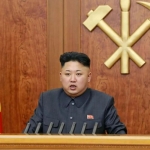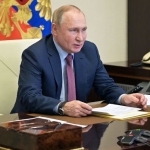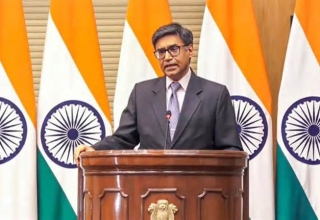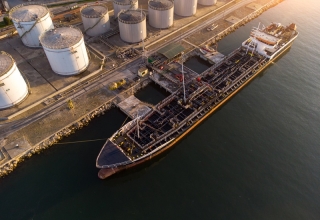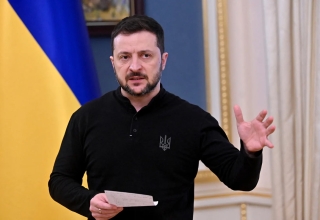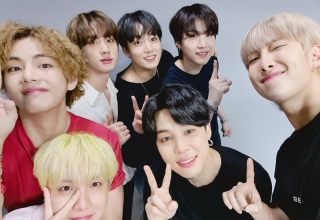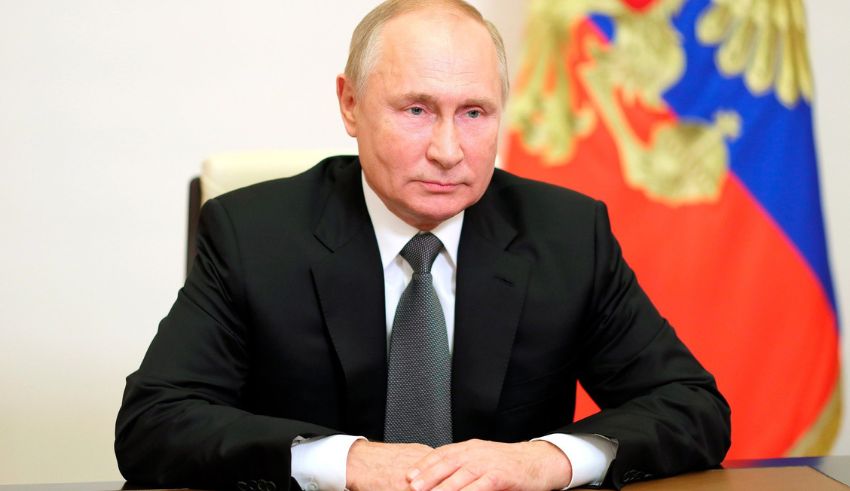
North Korean leader Kim Jong Un has pledged “full support and solidarity” to Russia in its war against Ukraine, as conveyed during his meeting with President Vladimir Putin in Pyongyang. Putin, on his first visit to North Korea in 24 years, expressed gratitude for Kim’s support, framing the conflict as part of Russia’s struggle against the “hegemonic and imperialist policy” of the United States and its allies. The meeting between these leaders marks a significant moment in the growing partnership between their nations.
Strengthening Ties Amid Global Tensions
During their meeting, Putin and Kim agreed to sign an agreement to further solidify their partnership. Relations between Russia and North Korea have become notably closer since Moscow initiated its full-scale invasion of Ukraine. This burgeoning alliance raises international concerns, particularly regarding the potential exchange of North Korean weapons for Russian technological expertise. Despite denials from both nations about arms transfers, they have openly committed to enhancing their military cooperation.
A Grand Reception in Pyongyang
Putin received a red carpet welcome upon his early morning arrival in Pyongyang. Kim Jong Un personally greeted him, and the two leaders shared a warm handshake and hug. A woman dressed in traditional Korean hanbok presented Putin with a bouquet of red roses, symbolizing the deepening ties between their countries. The leaders then traveled together in a motorcade through streets adorned with Russian flags and portraits of Putin, culminating in an official ceremony at Kim Il Sung Square. The square was decorated with banners and balloons, and lined with soldiers and children, underscoring the significance of the visit.
Historic Significance and Future Plans
North Korea’s state news agency, KCNA, hailed the meeting as an historic event that demonstrated the “invincibility and durability” of the North Korea-Russia friendship. The relationship was described as a “strong strategic fortress” essential for maintaining international justice, peace, and security, and for fostering a new multi-polar world order. Putin’s delegation included high-ranking officials such as Defence Minister Andrei Belousov, Foreign Minister Sergey Lavrov, and Deputy Prime Minister Denis Mantrurov. Yuri Ushakov, Putin’s foreign policy adviser, indicated that the visit would result in several signed documents, potentially including a comprehensive strategic partnership agreement.
The itinerary for Putin’s visit also featured a gala concert, a state reception, and a wreath-laying ceremony at the Liberation Monument, honoring the Red Army soldiers who aided in Korea’s liberation during World War II.
Weapons and Sanctions Concerns
North Korea remains under stringent United Nations Security Council sanctions due to its nuclear weapons and missile programs. Russia, too, faces extensive sanctions from the United States and its allies over the Ukraine invasion. Both countries have blocked US-led initiatives to impose additional UN sanctions on North Korea for its weapons tests and satellite launches. This collaboration has raised alarms in the West, with accusations that Russia seeks to evade scrutiny while potentially acquiring weapons from North Korea.
Keep Reading
In Washington, US Secretary of State Antony Blinken highlighted the desperation in Russia’s attempts to strengthen ties with nations capable of supporting its war efforts. He specifically pointed to North Korea’s provision of significant munitions to Russia and other weapons, a claim echoed by NATO chief Jens Stoltenberg. Stoltenberg also voiced concerns about Russia’s potential support for North Korea’s missile and nuclear programs, amidst escalating tensions on the Korean Peninsula.
Escalating Tensions and Military Activities
Recent months have seen heightened tensions on the Korean Peninsula, driven by North Korea’s weapons tests and South Korea’s large-scale military exercises. A 2018 military agreement between the two Koreas collapsed last year, leading to increased defensive measures along their border. South Korean forces recently fired warning shots after North Korean soldiers, engaged in laying mines, crossed the border by mistake, echoing a similar incident from June 9.
Conclusion
The meeting between Kim Jong Un and Vladimir Putin underscores a significant geopolitical shift, with North Korea and Russia drawing closer amid global conflicts and sanctions. This alliance, marked by promises of support and enhanced military ties, poses new challenges and concerns for the international community, particularly regarding the stability and security of the Korean Peninsula and the broader implications for global peace.
